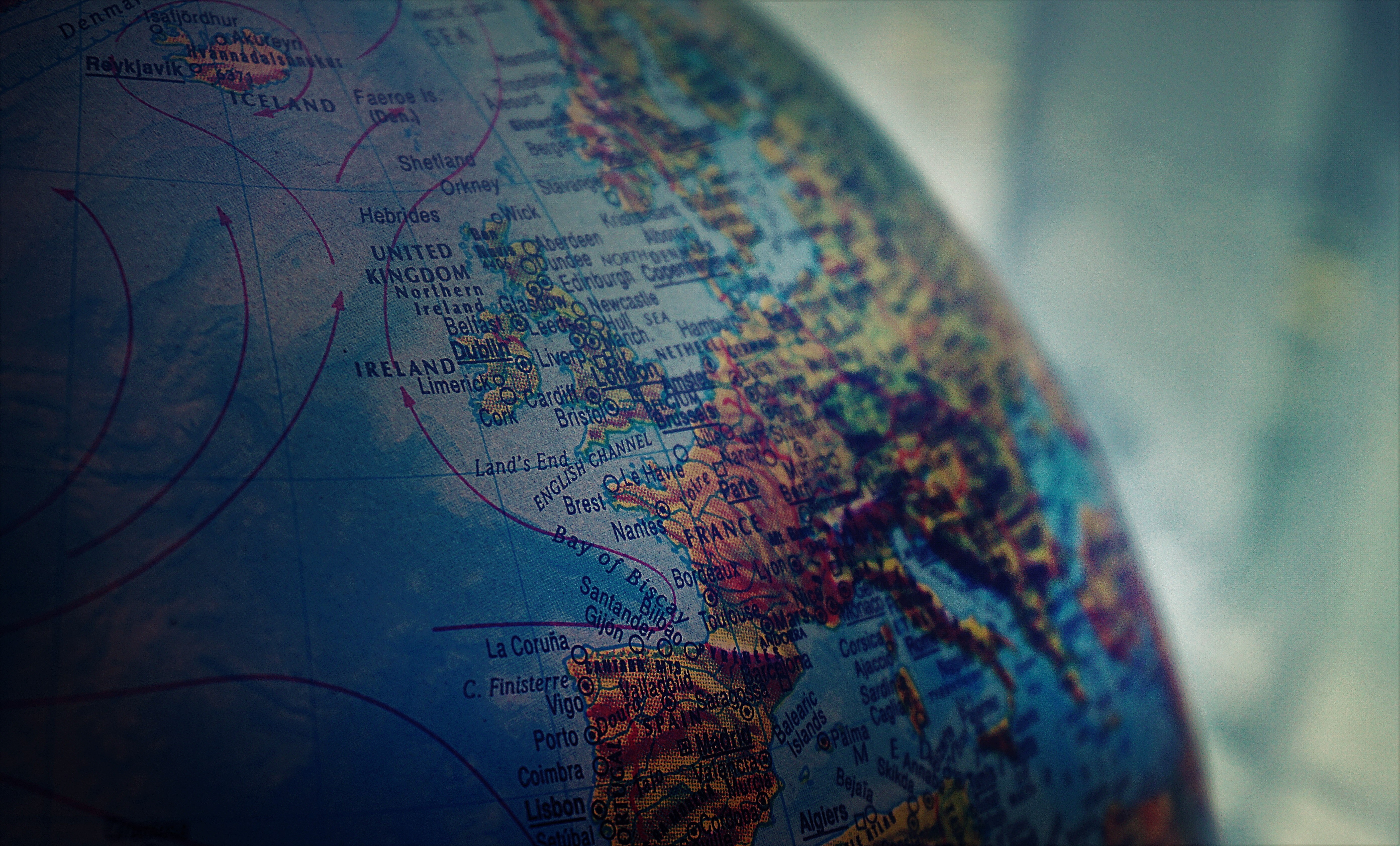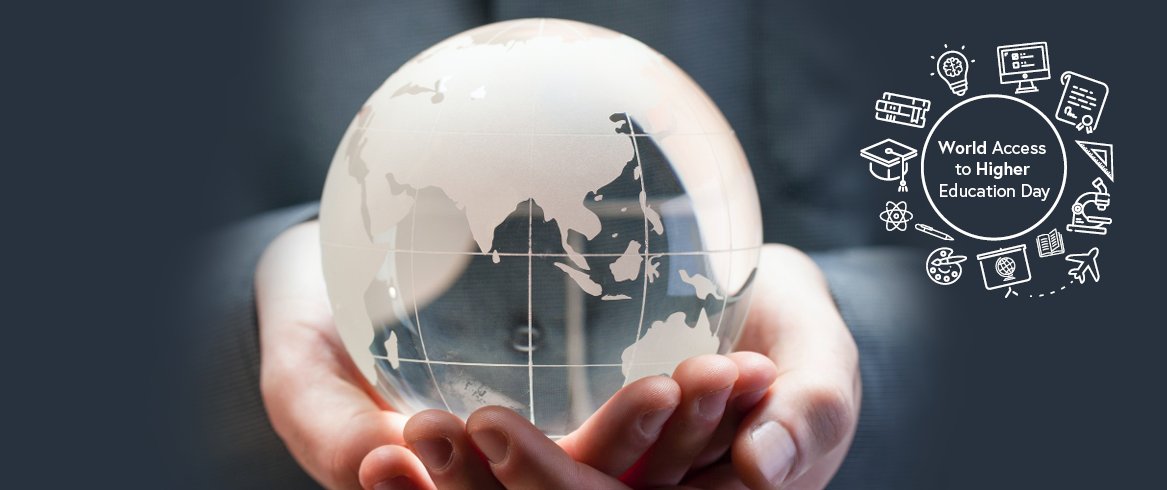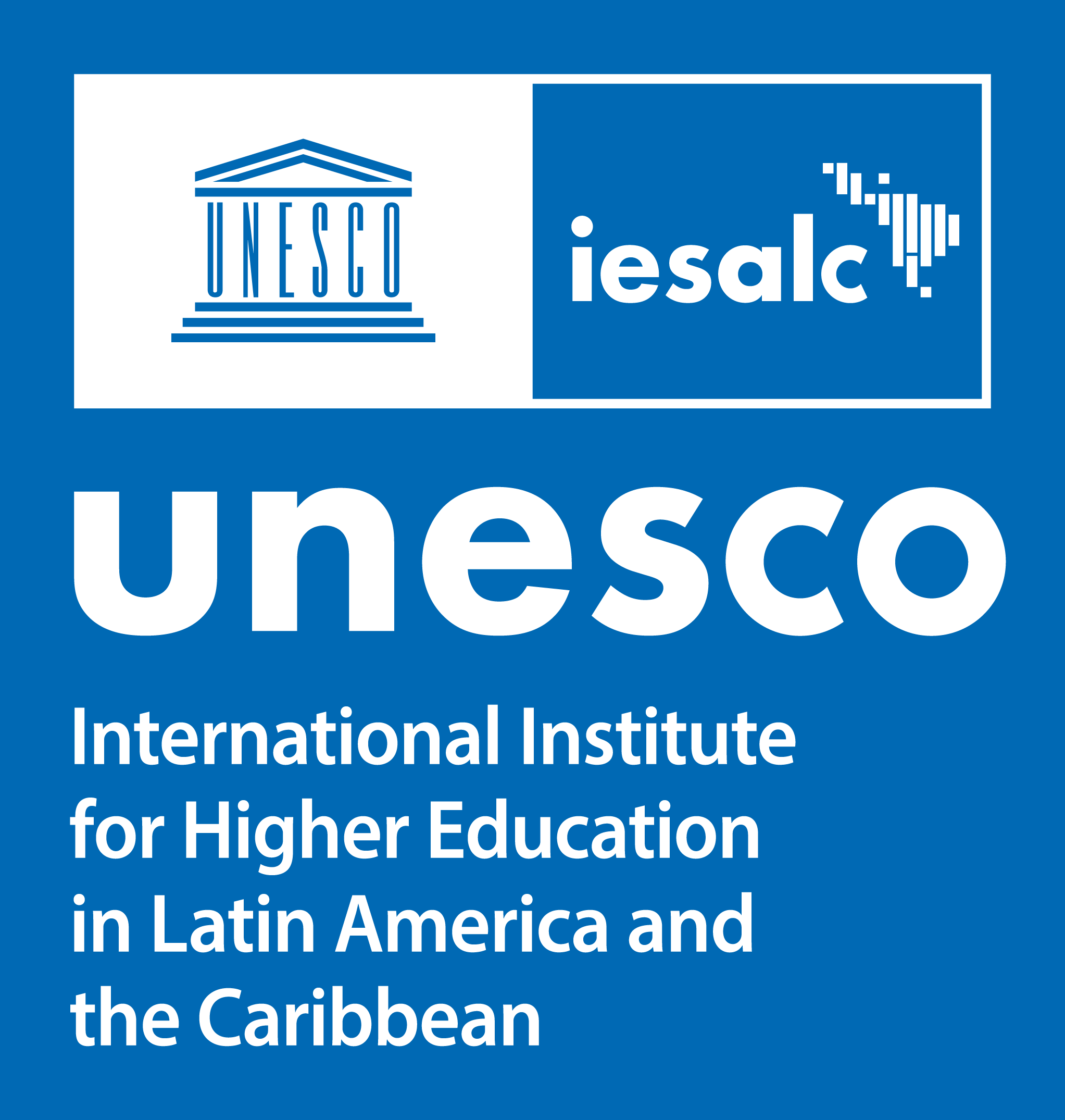

World Access to Higher Education Day is supported by University World News
Is there an equity crisis? – Higher education access and success to 2030. Time: 15:00 (GMT) – 17:00 (GMT)

This FREE online event will bring together global leaders in higher education to examine the launch of a new report ‘The equity crisis – higher education access and success to 2030’. This report is the outcome of a year- long research report consulting with universities, policymakers, students and NGOs on the progress in equitable access and success in higher education across the world to 2030. It will outline a series of calls to action around leadership, targets and investment designed to galvanize the global higher education equity community.
Contributors confirmed so far are listed below:
- Roberta Malee Bassett – Global Lead for Tertiary Education and Senior Education Specialist, World Bank
- Ivana Radonova PhD. – State Expert, Higher Education Directorate, Ministry of Education and Science, Bulgaria and Co-chair of the Bologna Implementation Coordination Group.
- David Lock – Secretary General, Magna Charta Observatory
- Dania Matos – Vice Chancellor for Equity and Inclusion, UC Berkeley
- Dr Malcolm Butler – Vice-President and Director of Global Engagement, University of Sheffield
- Professor Graeme Atherton – Director, National Education Opportunities Network (NEON)

Advocating for a rights-based approach to higher education. Time: 17:15 (GMT) – 18:45 (GMT)

Although access to higher education has been increasing around the world, the right to higher education continues to be denied for many as a result of ongoing discrimination, systemic inequalities and unequal global distribution of power and resources. The right to higher education implies not only guaranteeing equitable access to higher education but also high-quality programs and support that enable all students, once enrolled, to reach their potential through and beyond higher education. How can we effectively campaign for fair access to higher education for all? How can students be empowered to stand up for their rights? On World Access to Higher Education Day, join UNESCO’s International Institute for Higher Education (IESALC) and panellists for an engaging multilingual discussion on how we can all advocate for a rights-based approach to higher education.
This session will be available in English, Spanish, and International Sign Language.
The panellists so far are:
- Mirriam Chiyaba, Chief Executive Officer, Zambia Qualifications Authority
- Dr Rosana Heringer, Associate Professor, Federal University of Rio de Janeiro (FE/UFRJ) and Board Member, Latin American Campaign for the Right to Education (CLADE-Brasil)
- Dr Abdoulaye Salifou, Chief of Education Section, UNESCO Liaison Office, Addis Abba, Ethiopian
- Jhasua Medina, Vice President of the Federation of University Students, University of Guadalajara
- Moderator: Dr Emma Sabzalieva, Head of Research and Foresight, UNESCO IESALC
Abogando por un enfoque de derechos en la educación superior. Hora: 17:15 (GMT) – 18:45 (GMT)
A pesar de que el acceso a la educación superior ha incrementado en todo el mundo, el derecho a la educación superior sigue siendo negado para muchos como resultado de la continua discriminación, las desigualdades sistémicas y la distribución desigual de poder y recursos a nivel mundial. El derecho a la educación superior implica no solo garantizar un acceso equitativo a la educación superior, sino también a programas de alta calidad y apoyo que permita a todos los estudiantes, una vez matriculados, alcanzar su potencial a través de la educación superior, y más allá de ella. ¿Cómo podemos hacer una campaña efectiva por el acceso justo a la educación superior para todos y todas? ¿Cómo se puede empoderar a los y las estudiantes para que defiendan sus derechos? En el Día Mundial del Acceso a la Educación Superior, únete al Instituto Internacional para la Educación Superior (IESALC) de la UNESCO y a los panelistas en una interesante discusión multilingüe sobre cómo podemos abogar por un enfoque de derechos en la educación superior.
Esta sesión estará disponible en inglés, español y signos internacional.
Get all the latest updates about World Access to Higher Education Day (WAHEN members will receive this automatically)
By signing up to our newsletter you are agreeing to our privacy policy